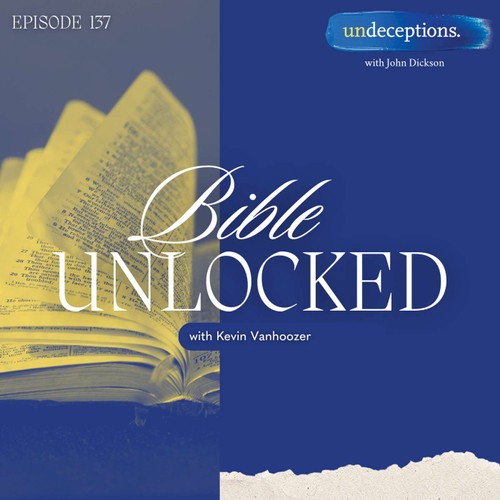
 Undeceptions with John Dickson
Undeceptions with John Dickson 137. Bible Unlocked
Sep 8, 2024
Kevin Van Hooser, a systematic theology professor at Trinity Evangelical Divinity School, tackles the complexities of biblical interpretation. He discusses the importance of hermeneutics, asserting there's a 'right' way to read scripture. The conversation explores how cultural influences shape our understanding, including the surprising implications of the Slave Bible. Van Hooser highlights the significance of the Transfiguration in understanding Jesus’ authority and encourages a holistic approach to reading the Bible, emphasizing context and diverse perspectives.
Chapters
Transcript
Episode notes
1 2 3 4 5 6 7 8
Intro
00:00 • 5min
Openness to Divine Communication in Understanding Scripture
05:18 • 3min
Decoding Hermeneutics: Context and Interpretation
08:35 • 12min
Cultural Influence on Biblical Interpretation
20:33 • 2min
The Slave Bible: A Tool for Oppression
22:35 • 10min
The Transfiguration: A Divine Revelation
32:08 • 14min
Rediscovering David and Goliath
45:43 • 13min
Engagement and Exclusive Content Invitation
59:10 • 3min
